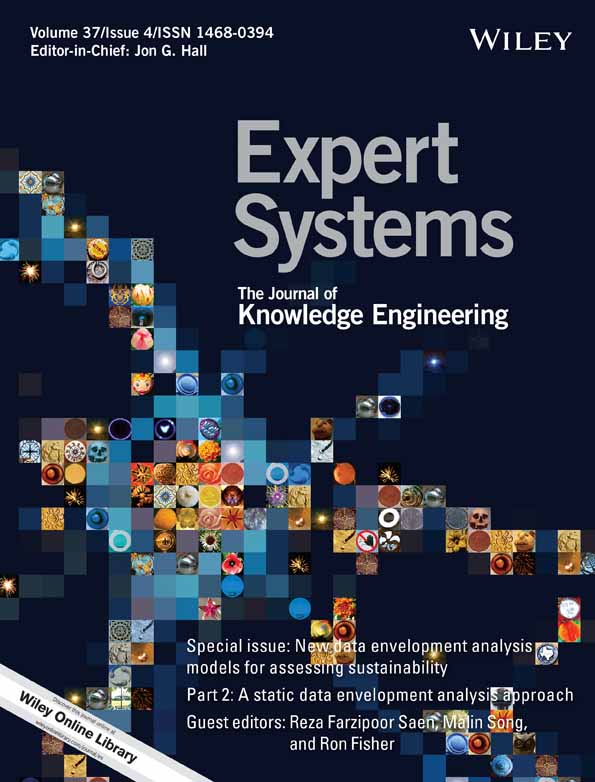A novel completeness definition of event logs and corresponding generation algorithm
Funding information: National Natural Science Foundation of China, Grant/Award Numbers: 61802167, 61572251; Open Foundation of State key Laboratory of Networking and Switching Technology (Beijing University of Posts and Telecommunications), Grant/Award Number: SKLNST-2019-2-15
Abstract
As the promotion of technologies and applications of Big Data, the research of business process management (BPM) has gradually deepened to consider the impacts and challenges of big business data on existing BPM technologies. Recently, parallel business process mining (e.g. discovering business models from business visual data, integrating runtime business data with interactive business process monitoring visualisation systems and summarising and visualising historical business data for further analysis, etc.) and multi-perspective business data analytics (e.g. pattern detecting, decision-making and process behaviour predicting, etc.) have been intensively studied considering the steep increase in business data size and type. However, comprehensive and in-depth testing is needed to ensure their quality. Testing based solely on existing business processes and their system logs is far from sufficient. Large-scale randomly generated models and corresponding complete logs should be used in testing. To test parallel algorithms for discovering process models, different log completeness and generation algorithms were proposed. However, they suffer from either state space explosion or non-full-covering task dependencies problem. Besides, most existing generation algorithms rely on random executing strategy, which leads to low and unstable efficiency. In this paper, we propose a novel log completeness type, that is, #TAR completeness, as well as its generation algorithm. The experimental results based on a series of randomly generated process models show that the #TAR complete logs outperform the state-of-the-art ones with lower capacity, fuller dependencies covering and higher generating efficiency.




